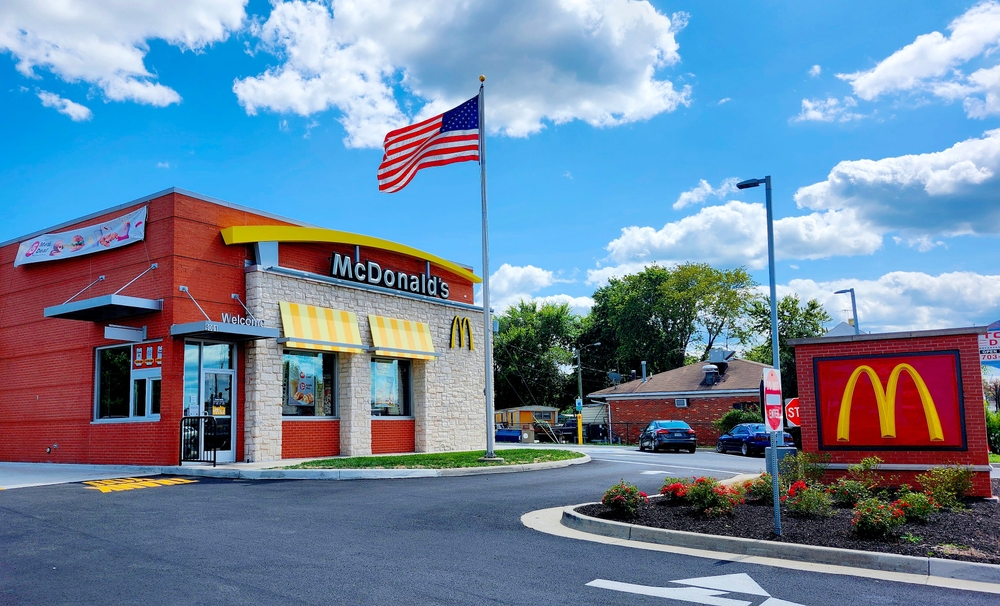McDonald’s is a global fast-food giant with more than 40,000 locations in over 100 countries. Yet, despite its vast reach, there are nations where the brand has never set foot, or where it once operated but eventually closed. The absence of McDonald’s is often tied to political tensions, cultural preferences, economic challenges, or legal restrictions on foreign franchises. Some countries rely on homegrown food traditions, while others face logistical barriers that make running an international chain impractical. Here are 15 countries where the Golden Arches remain absent and why.
Iceland
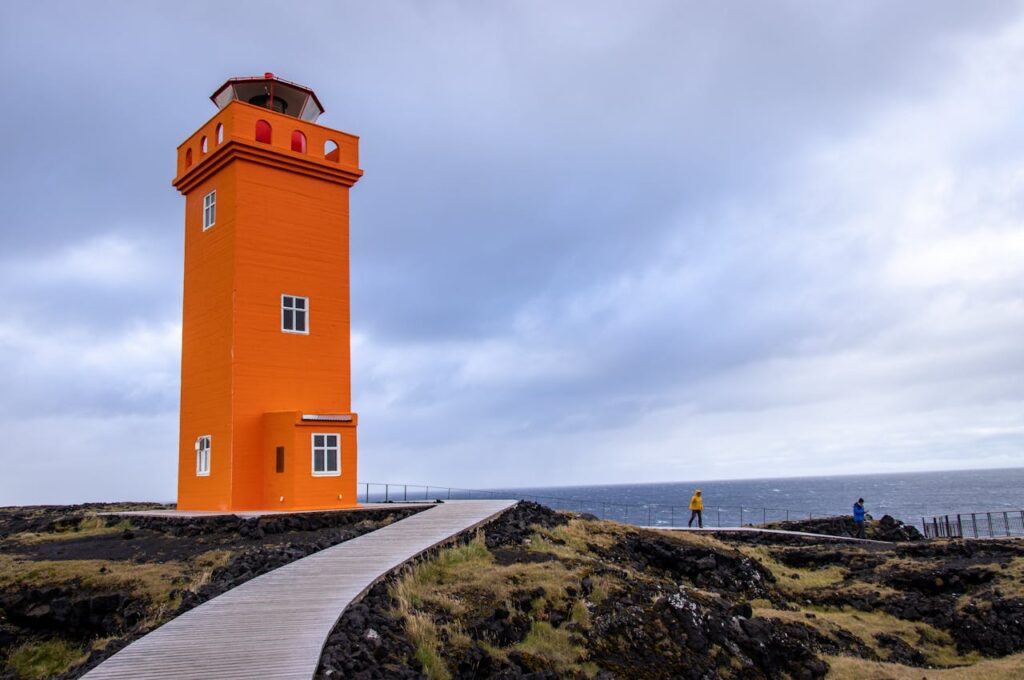
McDonald’s entered the Icelandic market in 1993 and quickly gained popularity. However, the 2008 global financial crisis hit Iceland hard, causing the cost of importing McDonald’s-specific ingredients to skyrocket. By 2009, the three locations in Reykjavik had closed. The company decided that sourcing only local ingredients would not match its global flavor standards, so it withdrew from the country entirely. In its place, Icelandic-owned burger chains have flourished, focusing on fresh, locally sourced beef and potatoes. Many Icelanders see these restaurants as a point of national pride, offering quality food without reliance on imports.
Jamaica

McDonald’s opened in Jamaica in the 1990s but failed to thrive in the face of high operating costs, import fees, and strong competition from local fast-food favorites like Tastee and Island Grill. Jamaicans often prefer dining options that incorporate local spices and cooking techniques, making homegrown chains more appealing. After closing its Jamaican outlets, McDonald’s never returned, leaving the island without a single Golden Arches location.
Afghanistan
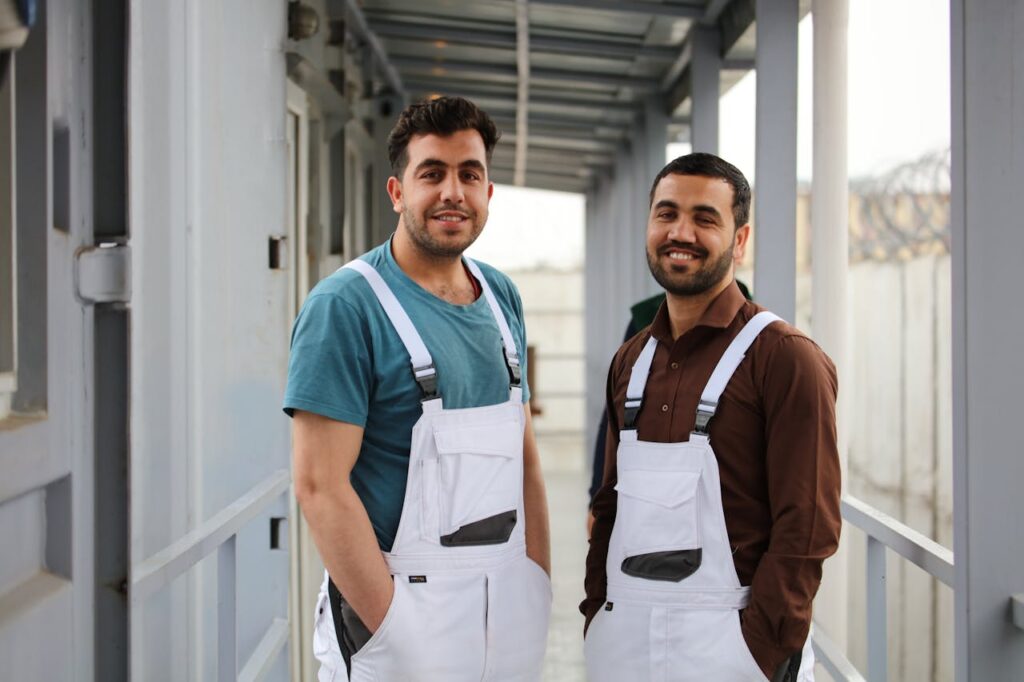
Afghanistan has never had an official McDonald’s restaurant. Political instability, security concerns, and decades of conflict have deterred foreign investments in the food sector. Even in major cities like Kabul, where there is a demand for Western-style food, international chains have stayed away due to safety risks and unpredictable market conditions. Instead, small local cafes and independent restaurants sell burgers, fried chicken, and fries, often with a local twist in spices and preparation. The focus remains on accessible, locally sourced meals rather than importing ingredients to meet McDonald’s corporate standards.
Bermuda
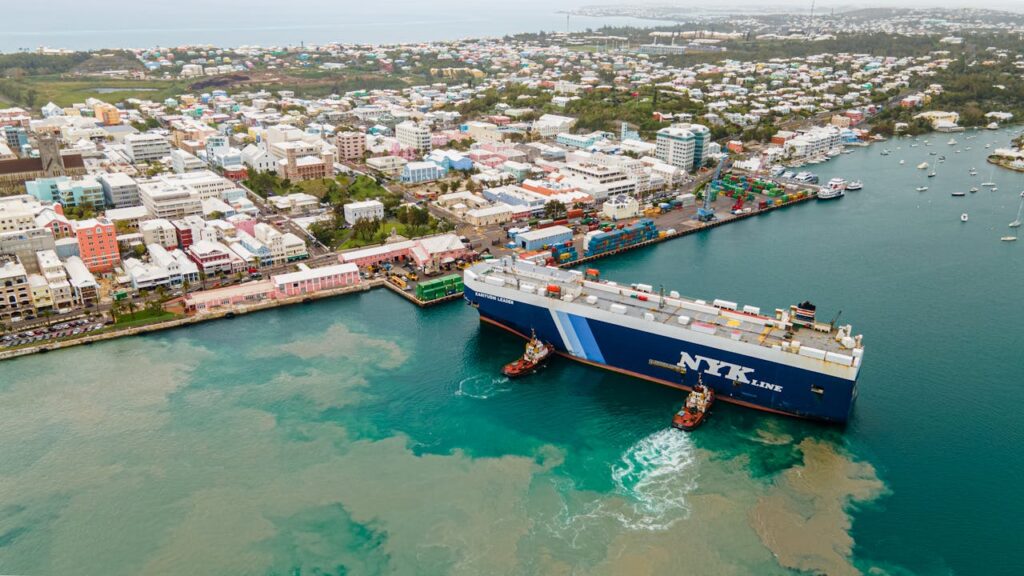
Bermuda has a long-standing law that bans most foreign fast-food franchises. This legislation was put in place in the 1970s to protect the island’s cultural identity and preserve the success of small, family-owned businesses. McDonald’s attempted to open in the 1990s, but public backlash and strict regulations blocked the move. Today, visitors to Bermuda find fresh seafood shacks, local diners, and Caribbean-inspired dishes instead of Big Macs. The ban is a point of pride for many Bermudians, who value slower, locally driven dining experiences over global fast-food convenience.
Iran
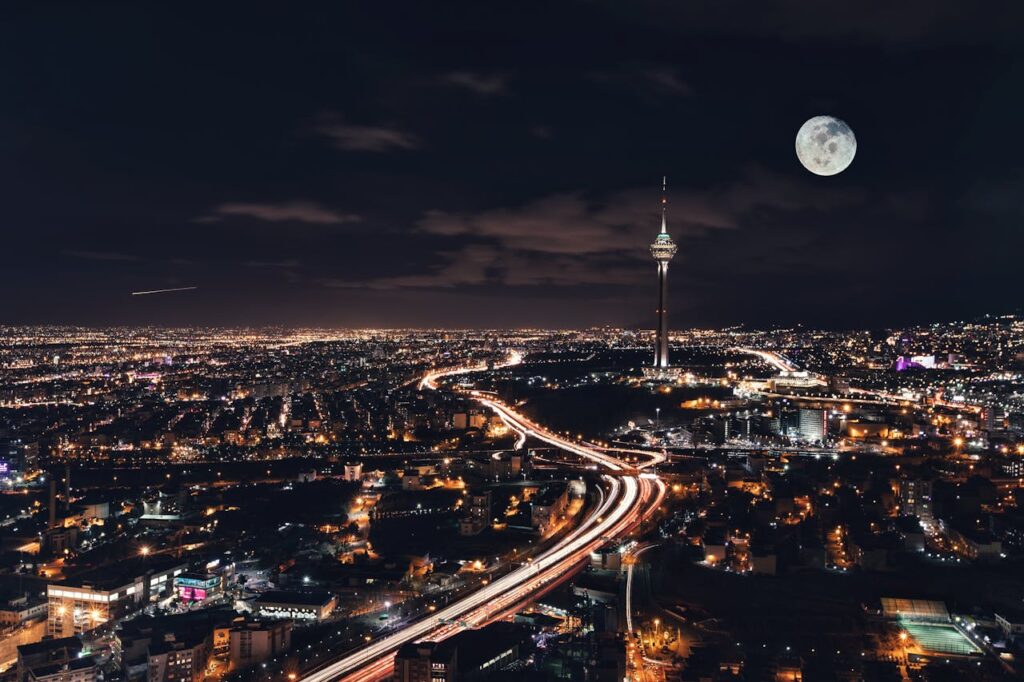
McDonald’s once operated in Iran before the 1979 Islamic Revolution, but the political shift that followed led to the closure of all American-owned franchises. Tensions between Iran and the United States have kept the brand from returning. However, the absence of McDonald’s has not erased the appetite for fast food. Iranian entrepreneurs have created their own burger chains, some modeled closely after McDonald’s in both menu and design, but entirely independent. These local restaurants often feature beef and chicken burgers, fries, and milkshakes, but they adapt flavors to suit local tastes.
North Korea
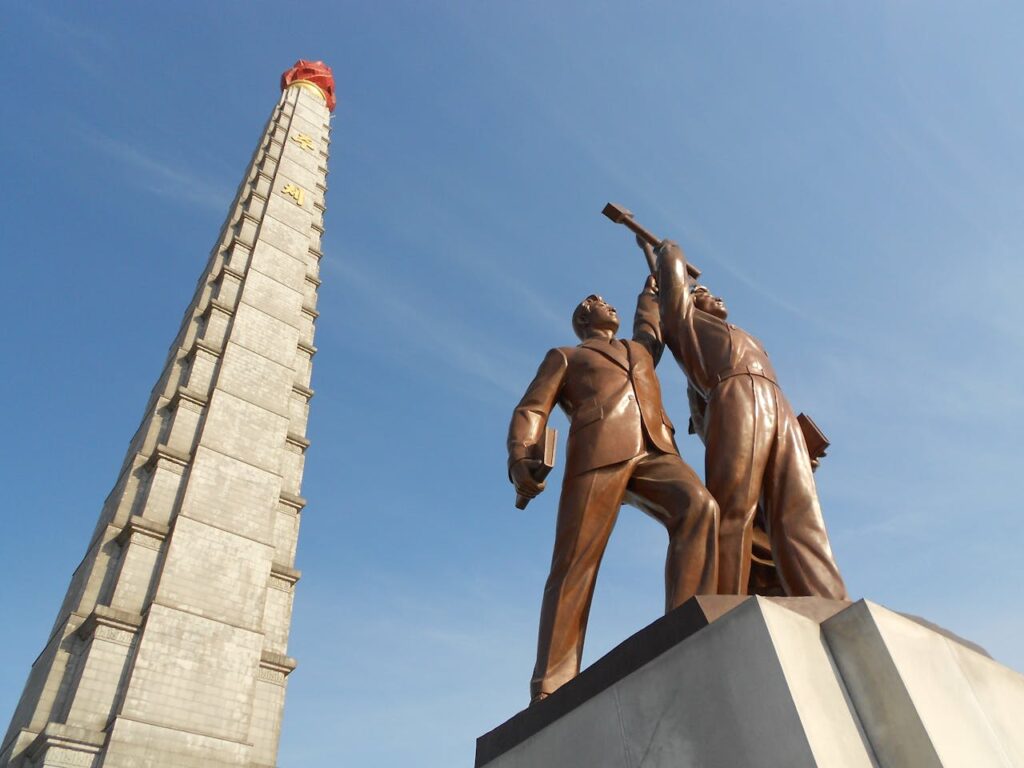
North Korea’s isolationist policies make it impossible for McDonald’s or any other Western fast-food chain to operate there. The government controls all aspects of the food industry, and foreign businesses are heavily restricted. While rumors persist of unofficial channels bringing in McDonald’s food for political elites, there is no public access to the brand. Local restaurants sometimes attempt to imitate Western-style burgers and fries, but these are often made with alternative ingredients due to shortages and trade limitations.
Syria

Syria has never had a McDonald’s, primarily due to decades of political instability and, more recently, the ongoing civil war. International corporations are unwilling to risk entering a market where infrastructure is damaged and economic conditions are unstable. In place of global brands, Syrians enjoy locally owned burger shops that adapt recipes to local preferences, often incorporating Middle Eastern spices and grilled meats. For now, the focus remains on domestic food culture rather than international franchises.
Yemen
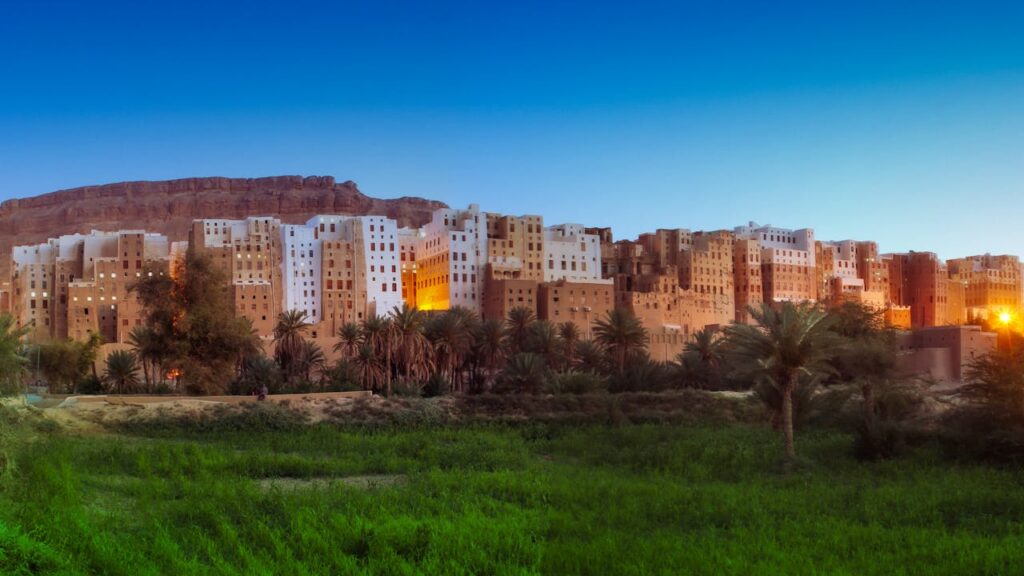
Yemen’s humanitarian crisis and ongoing conflict have left the country without the infrastructure or economic stability needed for international fast-food chains. Even before the war, McDonald’s had no presence in Yemen due to market challenges and low consumer purchasing power. Today, food supply issues and political instability make it nearly impossible for foreign restaurants to operate. Local vendors and street food stalls dominate, serving affordable traditional Yemeni dishes that reflect the country’s culinary heritage.
Zimbabwe

Zimbabwe has never had a McDonald’s, largely due to economic instability and years of hyperinflation that made foreign investment risky. Import restrictions and currency challenges have also discouraged global chains. Instead, Zimbabweans turn to local fast-food businesses like Chicken Inn and Steers, which are well-established and cater to regional tastes. These local brands often serve burgers, fried chicken, and fries at prices more suited to the local economy.
North Macedonia
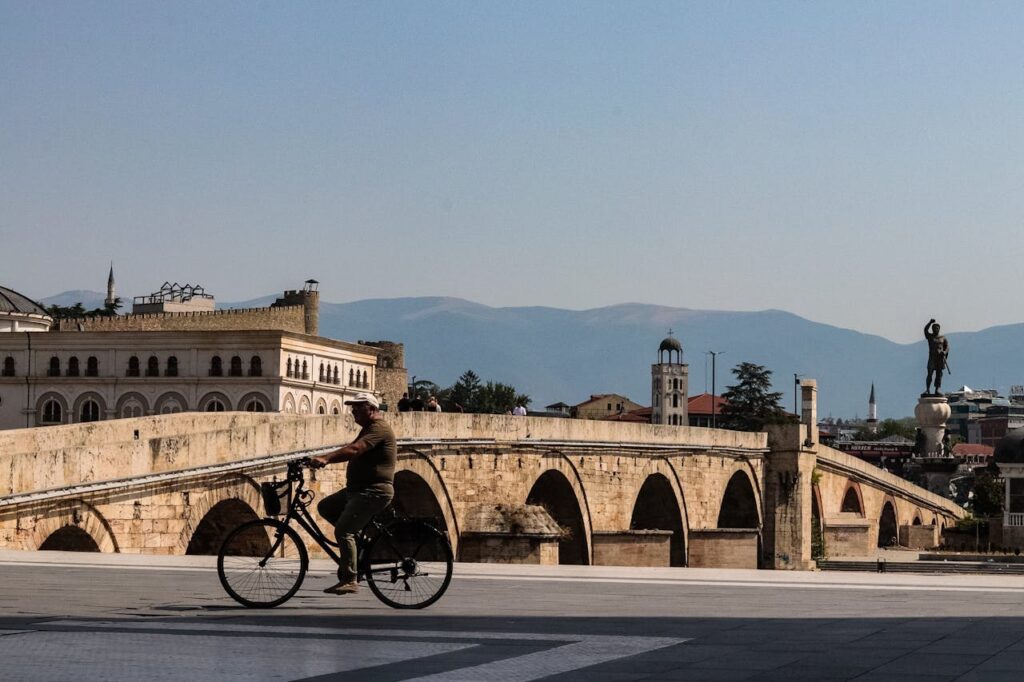
North Macedonia once had several McDonald’s locations, but all closed in 2013 following a legal and financial dispute between the local franchise operator and the European master franchise owner. Since then, no McDonald’s restaurants have reopened in the country. Despite this, North Macedonians still have access to international fast-food options like KFC and Burger King, while local eateries continue to thrive. The absence of McDonald’s has not diminished the popularity of burgers, as independent shops fill the gap.
Montenegro
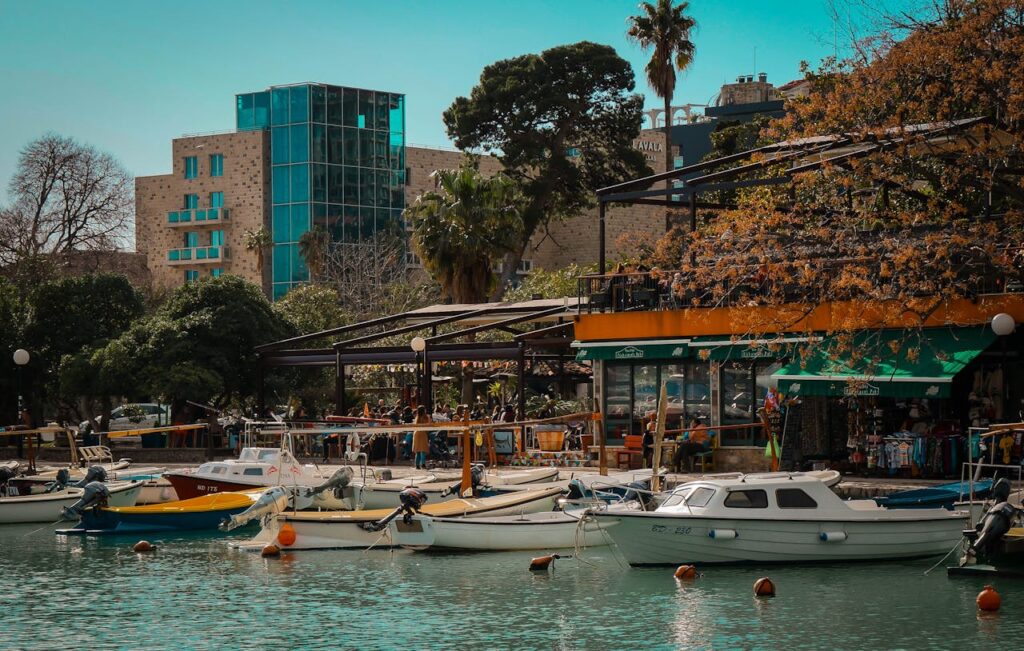
Montenegro has never had a permanent McDonald’s location. Mobile McDonald’s food trucks have appeared temporarily during large public events such as music festivals and sporting competitions, but no brick-and-mortar restaurants have been established. Factors such as the small population size, market demand, and proximity to McDonald’s outlets in neighboring countries may explain the absence. Montenegrin consumers can easily access the brand by traveling to nearby Croatia or Serbia.
Ghana
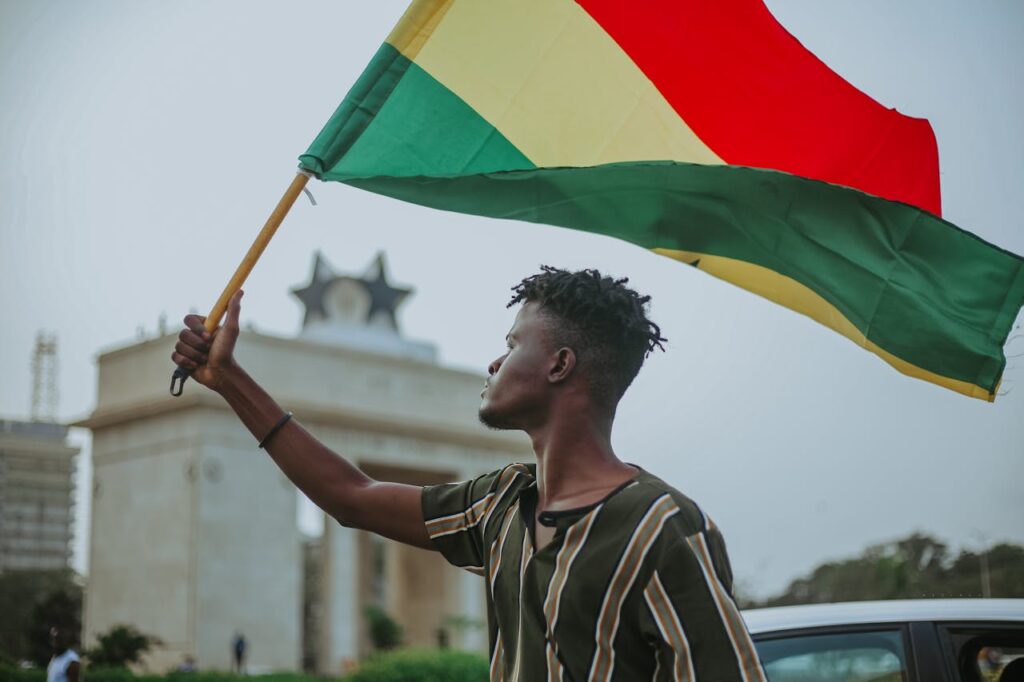
Ghana’s growing middle class and urban development might seem like a good fit for McDonald’s, but the company has not entered the market. High import taxes, supply chain challenges, and competition from established local and regional chains have been barriers. Fast-food brands like Papaye and Marwako offer menus similar to McDonald’s but with flavors tailored to Ghanaian tastes. These businesses emphasize fresh, local ingredients, which appeal strongly to the domestic market.
Sudan
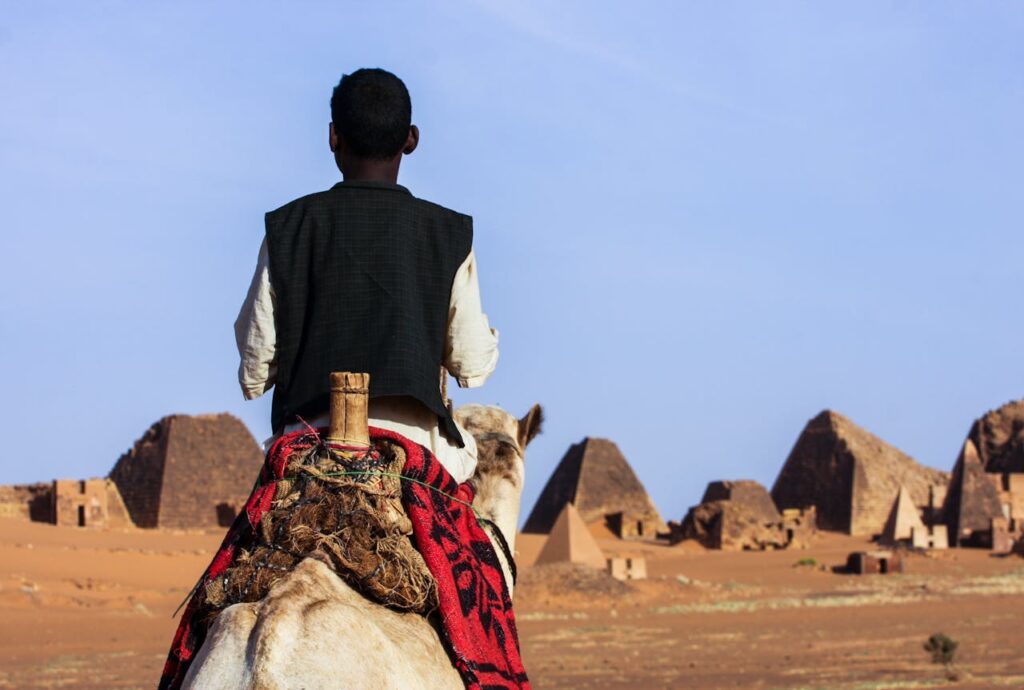
McDonald’s has no presence in Sudan, primarily due to years of political instability, economic sanctions, and infrastructure limitations. While sanctions have eased in recent years, the market remains challenging for large international brands. Locals rely on smaller restaurants and street vendors for affordable fast-food-style meals. Burgers, fried chicken, and sandwiches are available but come from independent operators rather than global chains.
Laos

Laos has never had a McDonald’s, partly due to its small population and limited market potential for global fast-food chains. While neighboring Thailand has hundreds of locations, Laos has focused more on promoting traditional street food and regional cuisine. Burgers are available in some tourist areas, but they are served by local businesses rather than international franchises. The country’s food culture leans heavily toward fresh ingredients and home-cooked meals.
Cambodia

McDonald’s has never opened in Cambodia, although competitors like Burger King, KFC, and Dairy Queen operate there. Market analysts suggest that McDonald’s may see the country’s relatively small urban population and strong street food scene as limiting factors. Cambodian consumers have a wide variety of affordable local dining options, which may reduce the appeal of global fast-food chains. While tourists can find familiar brands in Phnom Penh and Siem Reap, McDonald’s remains absent from the Cambodian market.
Disclaimer: This article was created with AI assistance and edited by a human for accuracy and clarity
